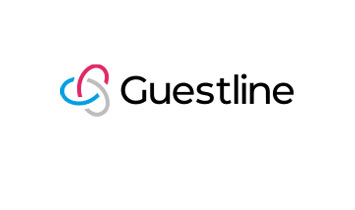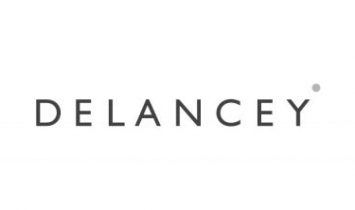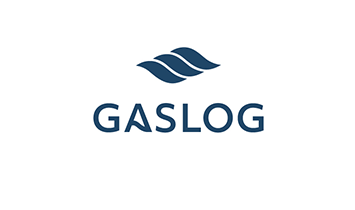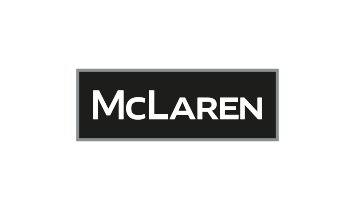
Mainstream Renewable Power: A flawless migration to Microsoft Teams Calling
How an energy organization with a mission to make the world more sustainable is streamlining its telecommunications with LoopUp and Microsoft Teams Calling. Founded in 2008, Mainstream Renewable Power is...













